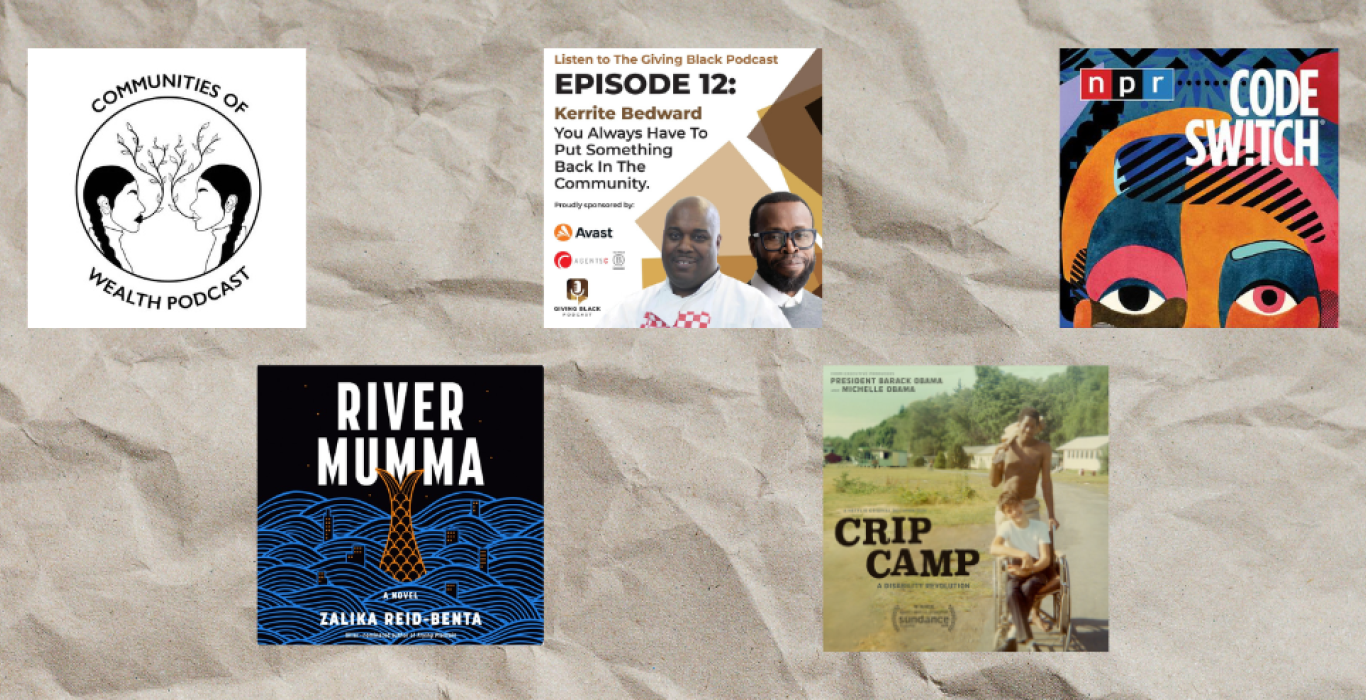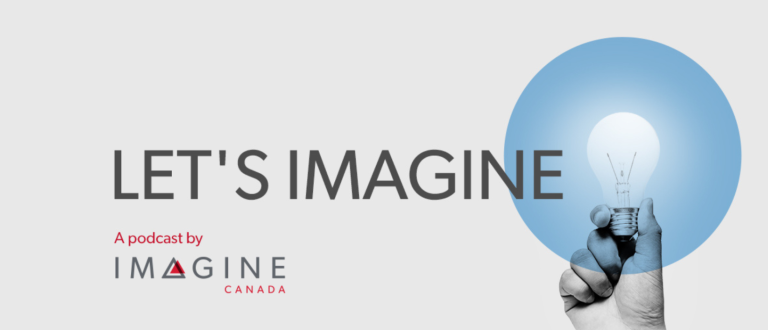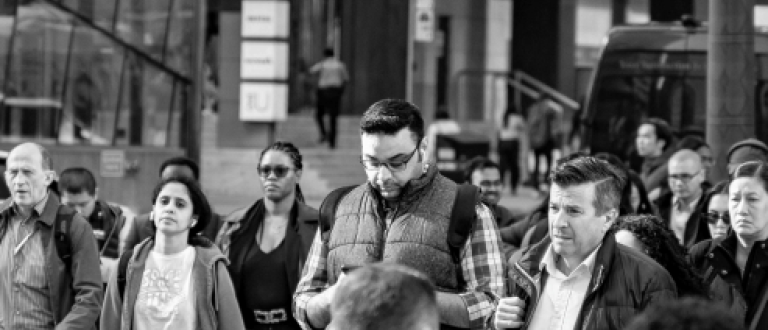In late 2020, we started the ARAO Book Club as a forum and catalyst for courageous conversations about race, racism or other systems of oppression within society and our organization. While it successfully created space for these vital discussions, we found that the book-centric format limited full participation and engagement from our staff. Two years after its inception, we reimagined the Book Club into the ARAO Learning Club, allowing for greater accessibility to staff through a wider selection of formats and mediums. Learning Club members choose from a selection of podcasts, documentaries, videos, or books that delve into anti-racism and anti-oppression themes they’d like to cover for the upcoming months, and staff engage with these materials on their own time. We then gather for a monthly online meeting with a facilitated discussion where we reflect on key takeaways through prepared questions and explore how we can apply what we've learned to Imagine Canada’s ARAO policies. This learning opportunity is part of the work we are doing to further the ARAO objectives of our organization’s mission internally.
In this post, we share five pieces from the past year that sparked particularly impactful conversations and some of the questions we explored to frame these discussions. We encourage you to engage with this content and the questions provided to further your understanding of anti-racism and anti-oppression.
Communities of Wealth - Philanthro-WHAT
This podcast episode, the first in the Communities of Wealth series, explores the origin story of the Ontario Indigenous Youth Partnership Project, an Indigenous youth-led granting program. The creators - of both the podcast & the project - discuss the challenges of operating within a colonial granting structure while striving to create a space for Indigenous youth to share experiences and have difficult conversations without fear of repercussions. During our conversation, we discussed our own funding relationships and criteria for determining when to pursue or discontinue funding relationships.
Questions for reflection
- How can funders and fundees work to build trust with each other?
- What would the “ideal” fundee/funder relationship or granting process look like?
Giving Black Episode 12: Kerrite Bedward: You Always Have To Put Something Back In The Community
This episode and the meeting that followed were especially memorable as we were joined by Mide Akerewusi, the founder & CEO of AgentsC Inc. and the creator and host of the Giving Black podcast—the first podcast in the world dedicated to Black philanthropy and generosity. His presence enriched our discussion, offering firsthand insights into the themes of reciprocal giving and community responsibility highlighted in his conversation with his close friend Kerrite Bedward. In our discussion with Mide, we reflected on how Imagine Canada can encourage more reciprocal giving and foster stronger connections within our communities.
Questions for reflection
- Are there any customs from your culture that are common ways you give back to your community or family?
- Can you think of anyone who has given back to you through mentorship?
How does a computer discriminate? - Code Switch
“AI is susceptible to the same bias of the humans it’s simulating.” - Lori Lizarraga, host of the Code Switch podcast
Given Imagine Canada’s ongoing work in advocating for the ethical use of AI in the nonprofit sector in 2024, this podcast felt particularly relevant. The episode features a compelling discussion on the intersection of AI and race bias, exploring the potential pitfalls of relying on algorithms and technology as substitutes for human judgment. Engaging with this podcast allowed us to explore powerful and transformative policies related to AI technologies that we can implement as an organization to guide our ongoing ARAO journey.
Questions for reflection
- How are you using AI in your everyday life? How has it changed your everyday interactions?
- Have you come across discriminatory information through the use of AI? What steps can we take as AI users to avoid using such biased data in our work and research?
Crip Camp: A Disability Revolution
This feature-length documentary provides a powerful narrative of the Disability Rights Movement in the United States, a focus that aligns with our broader ARAO commitments for 2024 and 2025. The film showcases the intersectionality of oppression, particularly how racism and ableism intersect and reinforce each other. This session encouraged us to think more deeply about how we can continue to support disability rights and advocate for better inclusion and accessibility within our own policies and practices.
Questions for reflection
- How did the film challenge your perceptions and understanding of disability?
- How does the film depict the ways systems of oppression, such as racism and ableism, intersect and reinforce each other?
River Mumma by Zalika Reid-Benta
River Mumma is a magical realist novel that explores the complexities of family, identity, and inherited culture. Through its narrative, the novel offers a profound commentary on the impact of cultural legacies on the lives of descendants of immigrants, emphasizing the importance of preserving and understanding one’s roots amidst changing environments. The conversation that followed gave us the opportunity to reflect on some ways in which we as individuals, and Imagine Canada as a whole, can contribute to anti-racism efforts.
Questions for reflection
- How does the novel challenge or subvert stereotypes about Black women and impoverished communities?
- What is the importance of cultural folklore to a community?
Have a podcast, video, book, or other type of content you’d like to recommend for our Learning Club? Share it with us at [email protected].



